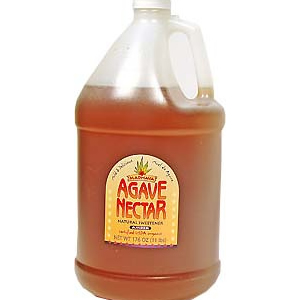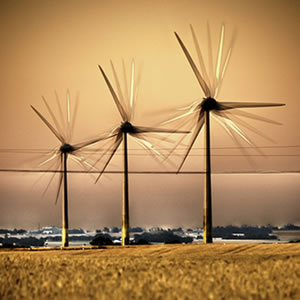A Sweet Alternative to Refined Sugars

Table sugar, artificial sugar substitutes, honey, and the ubiquitous pound-packing culprit, high fructose corn syrup are common sweeteners that are tempting to the taste buds, but packed with calories and can be tough on the stomach and waistline. Well, rest easy sugar-lovers, there’s a new sweetener in town.










